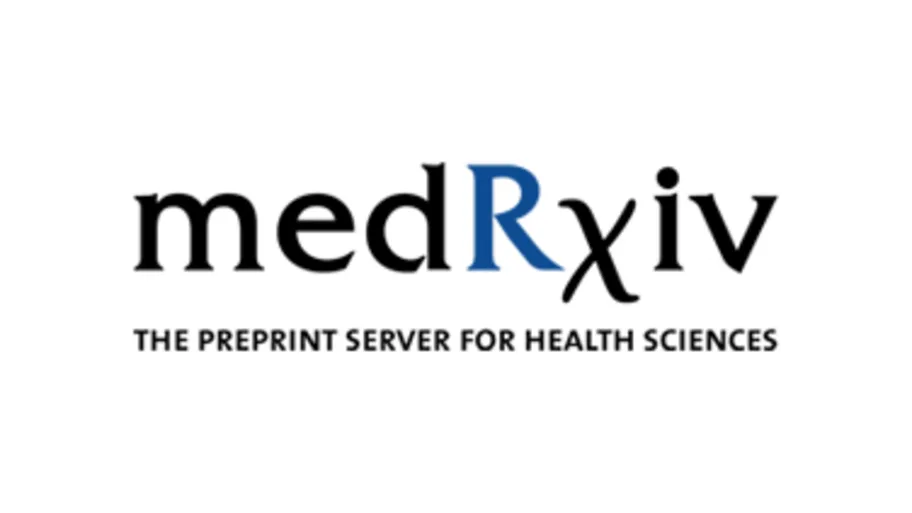
- Science news
- Frontiers news
- Predatoryreports.org: An open letter from Frontiers’ chief executive editor
Predatoryreports.org: An open letter from Frontiers’ chief executive editor
To our community,
In March of this year, we alerted you to the emergence of predatoryreports[.]org. This website and its authors, whose motives are unknown, deliberately seek to undermine our organization, our community, and the open access movement by disseminating false information about Frontiers.
At the risk of feeding the egos of the anonymous and irresponsible people behind predatoryreports.org with this second public acknowledgement, I report here on how we are seeking to address this issue.
As responsibly asserted by the Committee of Publication Ethics in April, ‘authors and institutions should treat lists of predatory (or fake) journals with the same degree of scrutiny as they do with the journals themselves. Lists that are not transparent about criteria used should not be relied on.’
Researchers and institutions have valid questions about the quality, impact, and motives of their publishers. Predatoryreports[.]org attempts to undermine any constructive discussion by sloppily promulgating “the p-word”; unfortunately, this unethical behavior is being noticed, creating concern and bewilderment. The p-word is a blanket derogatory term that is so easy to use that it blocks scientific, critical, and common-sense thought processes. Some employ it liberally to create a smokescreen, in the hope that no one will feel the need to look at the facts.
The ownership and purpose of the website are malicious; the information presented in its blog and journal listings is inaccurate and haphazard. The website appears to be the result of a couple of hours of un-curated copy-pasting from other discredited lists and blog posts, built on a ten-dollar investment to reserve a domain name designed to elicit an emotional rather than rational reaction. The authors have not even taken the effort to remove the dead links.
More seriously, the website lacks an understanding of the fundamental principles of scientific rigor and academic research, and it indiscriminately attacks pure open-access publishers. It has no affiliation with a recognized scholarly body, has no oversight committee, nor is there any identifiable individual to claim responsibility for the blog’s methodology and analysis.
In short, it only exists to sow confusion and distrust.
While it claims to assist researchers in identifying reputable publishers, the absence of accountability, ethical oversight or an appeal process demonstrates that this is not a genuine project with honorable intentions.
This blog has no other effect than to damage society’s trust in science.
We call on all scientists to examine the facts, with a scientific mind, and to stand firm against such derogatory actions. A good place to start is our annual report, where you can read that Frontiers is currently the third-most-cited publisher of the 20 largest, outperforming legacy publishers with 150 years of history.
Instead of relying on predatoryreports[.]org and other anonymous platforms, researchers and institutions should refer to established tools endorsed by the global research community. For example, DOAJ, Web of Science, the Think-Check-Submit Initiative, and COPE guidelines can help authors and institutions identify legitimate journals and publishers. We flatly reject the empty assertions published on predatoryreports[.]org.
We have contacted predatoryreports[.]org to insist that they correct their defamatory action. We hope that the people behind this, and any organization supporting them, will be identified, and held accountable. And yes, we will consider legal action to obtain this outcome. We will maintain a public record of these efforts as we progress in this matter.
The Frontiers team and I are open to discussing this matter and related topics of publishing integrity with you or a member of your team. And if you share our concern, please feel free to reach out to us for further discussion.
We will act openly and transparently, together with you, to reassure our community that behind malicious intent there is no substance. Trust in scientific publishing is paramount as we lead to convert all science to open access science.
Sincerely,
Dr. Frederick Fenter
Chief Executive Editor
UPDATE – 17 January 2024
On January 16, 2024, Cabell’s – a scholarly analytics company based in the US – issued a public notice that alludes to the unethical operations of the website predatoryreports(dot)org operates and listing among them: hijacking of legitimate brand names, plagiarism, and exposing stakeholders in the academic community to extorsion. Cabell’s post provides further evidence that predatoryreports(dot)org should not be considered a serious resource.






